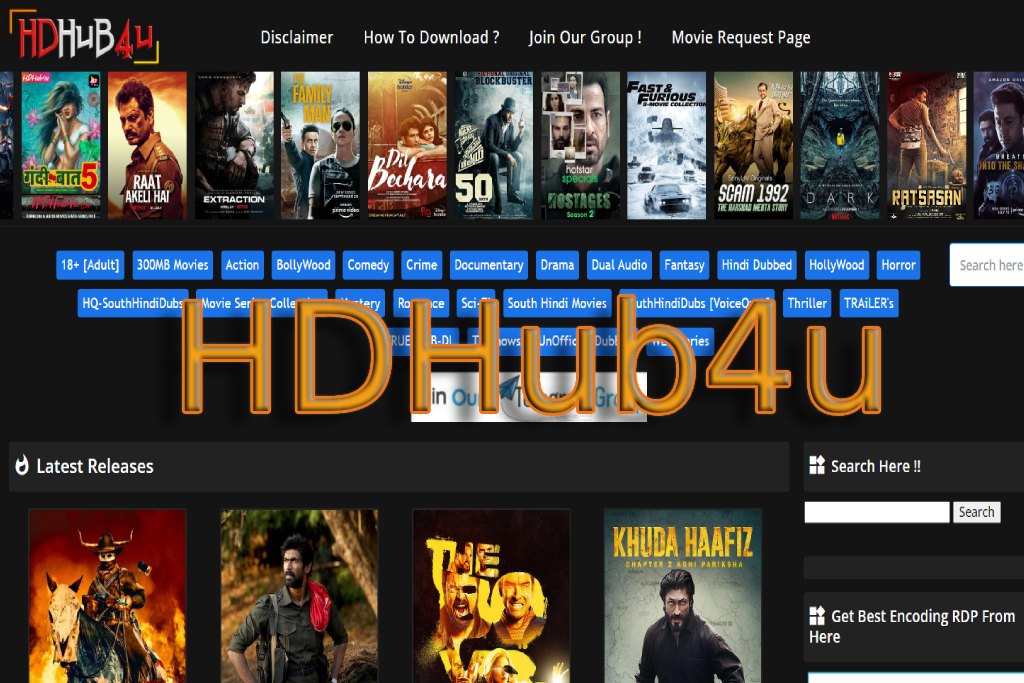How To Improve The Visibility Of E-commerce Websites On Google

A website’s visibility on Google is crucial for eCommerce businesses because more than half of all purchases begin with a search. Unsurprisingly, having your website appear on the first page of Google search results can directly impact your bottom line. But with so much competition, that might sound like a daunting goal!
When it comes to being visible on Google, there is a lot to learn. We’ll explain everything you need to know about search engine optimization (SEO) in e-commerce. This includes what difference search engine visibility can make to an e-commerce website and what tactics you can use to make your website visible on Google.
Table of Contents
What Does Online Visibility Mean For E-commerce?
Online visibility is a term that describes how easily search engines can find your content.
Online presence has reached a new dimension with the growth of online commerce. In today’s competitive e-commerce sector, a strong online presence requires more than just a top-notch website. It would help if you expanded your visibility to all areas of the digital landscape.
How To Improve eCommerce Visibility On Google?
Identify The Right Keywords To Use
Every eCommerce website should have a list of keywords that can help the business grow organically over time. But which keywords to use need to be clearer.
The e-commerce landscape is unique compared to other industries because customer search behaviour is more focused on finding a product or service and making a purchase. Since people shop online, user intent is an important factor in keyword research for e-commerce websites.
When searching for the right keywords for this niche, keyword generators and other Sistrix alternatives can help you find the most valuable phrases for your eCommerce SEO and PPC campaigns.
Check the crawlability and indexing of the product page.
Crawlability and indexing are crucial factors for your eCommerce store’s search visibility. They let Google know what your store is about and what products you offer so that visitors land on pages that contain the items they’re looking for.
Large e-commerce websites typically have many products on their site, which often results in a complex navigation structure that can cause problems with search engines crawling and indexing. To find out if your most important pages are indexed, you can use the URL checker tool in Google Search Console. This tool allows you to see your site from a Googlebot’s perspective and uncover any violations the bot may have detected while crawling your site. It also gives you a good insight into the overall crawlability of your domain.
Improve Your Page Loading Speed
The loading speed of your website has a big impact on visitor behaviour. Many customers abandon websites that take too long to load and go elsewhere. This is where optimizing the loading speed comes into play: It contributes to greater satisfaction for all users by significantly reducing the loading time of the page.
Additionally, Google places more emphasis on fast-loading websites and even ranks them ahead of slow-loading websites in search results, primarily on mobile devices where slow speeds are not tolerated.
When it comes to speeding up the website, most people start with image size. Image optimization is important because it shortens page load times by reducing the amount of data that needs to be transferred to the user’s computer.
Another major cause of slow websites is slow hosting. Suppose you want your WordPress website to be usable and user-friendly. In that case, the hosting provider you choose must be fast.
Upload Product Data To Google Merchant Center.
You can share your product information with Google to make your ads more relevant. This applies whether you sell your own products on platforms like Amazon or Etsy, have an ecommerce business with many items, or are a retailer with online sales.
Google Merchant Center, formerly known as Google Product Search, is a hub for all your product data. You can submit product data to the center so it can be crawled and used in Google Rich Results, Google Product Search, and the Shopping Ads Network. By making more relevant searches, you can drive more qualified traffic to your website and have the chance to increase your sales.
Write High-Quality eCommerce Content To Meet Customer Needs.
When visitors come to your eCommerce website, they have specific goals in mind. That’s why you should optimize your content for specific shopping trips or phases of the buyer’s journey. E-commerce content includes all the data the customer needs at every stage of their online research and purchasing journey, such as B. technical data that helps them choose the right product or consumer reports that deal with the quality or suitability of the goods. The previous two examples would be desirable advance purchases. Information about return policies, shipping information, and sizing charts are data points that shoppers want post-purchase when considering customer service and how to get the most out of the product they purchased.
Create Backlinks To Your eCommerce Website.
Backlinks are links from another website to your website. A backlink from another website is useful for eCommerce SEO and for increasing your website’s authority by letting potential customers know that your website has been rated notable by other websites and authorities on the Internet.
Just as a strong foundation under a house supports the entire structure, link building is a solid foundation on which search engines like Google build their index of authoritative websites, and findability algorithms evaluate domains.
The most important aspect of any link-building strategy is to build quality backlinks for your business and help you reach your target audience. There are many link-building strategies, but one of the best ways to get quality links to your website is to create useful content and then reach out to relevant websites.
Publish product reviews
Product reviews have always been an important source for shoppers who want to know what others (and experts) think about their future purchases. This allows consumers to better assess whether a product is really worth its price or whether it is just another immediately popular (but ultimately useless) purchase. Writing product reviews doesn’t take a lot of time, but it does require some important qualities to write really good product reviews.
The Internet is full of affiliate marketers interested in getting you to their site so they can sell you something. However, it’s better to focus on providing quality information that people actually want when they look at a product. Start with a summary of the pros and cons, then go into more detail about what you like or dislike and why. Then, let readers know if there is anything else they should consider when making a purchase decision and where they should buy it. Reviews should be honest, objective and detailed without sounding like a sales pitch.
Also Read: We Explain The Differences Between A B2B And A B2C E-Commerce
Conclusion
Ecommerce sites of all sizes are competing for their piece of the pie, so it’s important to be found in search results. Visibility in Google Search is crucial because more than half of all purchases begin with a search. Having your website appear on the first page has a direct impact on your profits. You need to make sure your customers can easily find you on search engines when they search for the products or services you offer. Several factors come into play, including SEO (or search engine optimization), paid marketing efforts like PPC, and the organic strategies mentioned above in the article. With a complete plan, you have the best chance of reaching your target audience and making more sales on your website.






